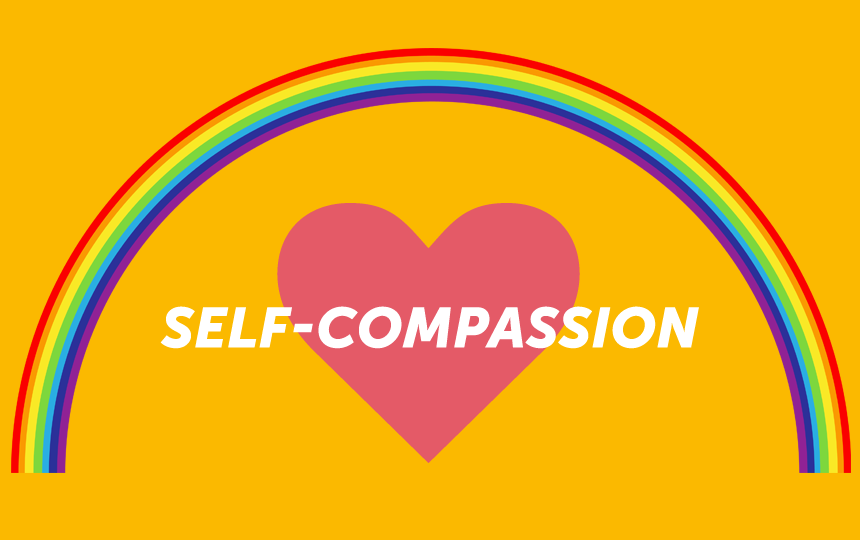Share This:
News around the upcoming postal vote on marriage equality in Australia has been very topical on TV, social media and in conversations with family and friends alike. The non-binding vote, which will be mailed out on September 12, will show the Australian government whether Australian people agree with LGBTIQ+ people having the right to marry in Australia.
When the general population are given the opportunity to express their opinion/s about someone else’s basic human rights, it can change the direction of the conversation immensely. Currently, despite the very positive voices of love and support across Australia, negative and harmful opinions have been amplified. This can, and is, taking a toll on the mental health and well-being of many LGBTIQ+ people in Australia.
Everyone will react to the marriage equality debate differently. For some, it might take a while for things to set in, and time to process that this might actually be happening.
In these times, when people may be making a lot of homophobic, biphobic, transphobic or intersex exclusionary comments, it’s important to know there is nothing wrong with you and that you are valid. It is also especially important to know the value of practicing self-compassion. Self-compassion is about extending the compassion you have for others, to yourself. Having compassion for oneself is really no different than having compassion for others. It essentially means that you honour and accept your own humanness.
Self-compassion is made up of three main components:
1. Self-kindness – “…entails being warm and understanding toward ourselves when we suffer, fail, or feel inadequate, rather than ignoring our pain or flagellating ourselves with self-criticism.” – Kristin Neff
So, when looking at self-kindness, what are things that we can do for ourselves? Firstly, It’s important to note that it is OK to feel angry, frustrated, upset, or like you want to hide under your blankets for a little while. Acknowledge how you are feeling. It is all part of the process of looking after yourself.
Once you have acknowledged how you are feeling, try to think of some things you can do for yourself that will offer you some kind of fulfillment. For example, have you been meaning to:
• Take a pottery class
• Go on a holiday but haven’t found the right time
• Start exercising more
• Spend more time with friends / family / partner / pets etc.
This might be the right time to do so. It’s time to look after yourself.
2. Common humanity – “…involves recognizing that suffering and personal inadequacy is part of the shared human experience – something that we all go through rather than being something that happens to “me” alone.” – Kristin Neff
Common humanity is all about having open conversations with like-minded people. As human beings we will all process the upcoming postal survey in different ways, however we can all find common ground in that we all want to fight for our rights, and acknowledging that can be tiring at the best of times.
It is important not to isolate yourself, as tempting as it can be to do so. Remember that you are not alone and that there are people that you can speak with if you do need some support. These supports might include:
• A partner
• A parent, guardian or family member
• A friend
• A mental health professional (such as a counsellor, psychotherapist, or psychologist)
3. Mindfulness – “…a non-judgmental, receptive mind state in which one observes thoughts and feelings as they are, without trying to suppress or deny them. We cannot ignore our pain and feel compassion for it at the same time. At the same time, mindfulness requires that we not be “over-identified” with thoughts and feelings, so that we are caught up and swept away by negative reactivity.” – Kristen Neff
Mindfulness can be practiced via taking part in things like meditation and the clearing of your mind.
For example:
• Sit in a room that is quiet, leave your phone outside of that room.
• Set a time limit or 5 – 10 minutes where you are able to relax.
• Notice your body, if it feel tense in certain areas see if you can relax those parts of your body.
• Focus in on your breathing and try to slow down your breathing with a deep breath in (hold for 3 seconds) and let out your breath.
• It is OK if you mind does start to wander, be kind to your wandering mind and bring it back to the breathing.
So now you know how to practice self-compassion. Now what? Put it into practice, educate others, and remember; the outcome of the postal vote, and the Australian government’s subsequent actions in no way define your value as a human being.
If you would like to access phone or web based counselling and reside in Australia, please call Lifeline, a 24/7 crisis support and suicide line, on 13 11 14, or QLife, Australia’s first nationally-oriented counselling and referral service for LGBTI people, on 1800 184 527.
References:
Self Compassion – Dr. Kristin Neff
Compassion Focused Therapy – CMF-USA
40 Ways to Practice Self-Kindness – Huffington Post
Exercise 2: Self Compassion Break
 About the Author: Jaini Shah is a Perth based psychotherapist who specializes in LGBTIQ+ mental health and suicide prevention. They identify as an LGBTIQ+ peer and they are passionate about supporting LGBTIQ+ human rights.
About the Author: Jaini Shah is a Perth based psychotherapist who specializes in LGBTIQ+ mental health and suicide prevention. They identify as an LGBTIQ+ peer and they are passionate about supporting LGBTIQ+ human rights.
sd;lakdf
Share This:

